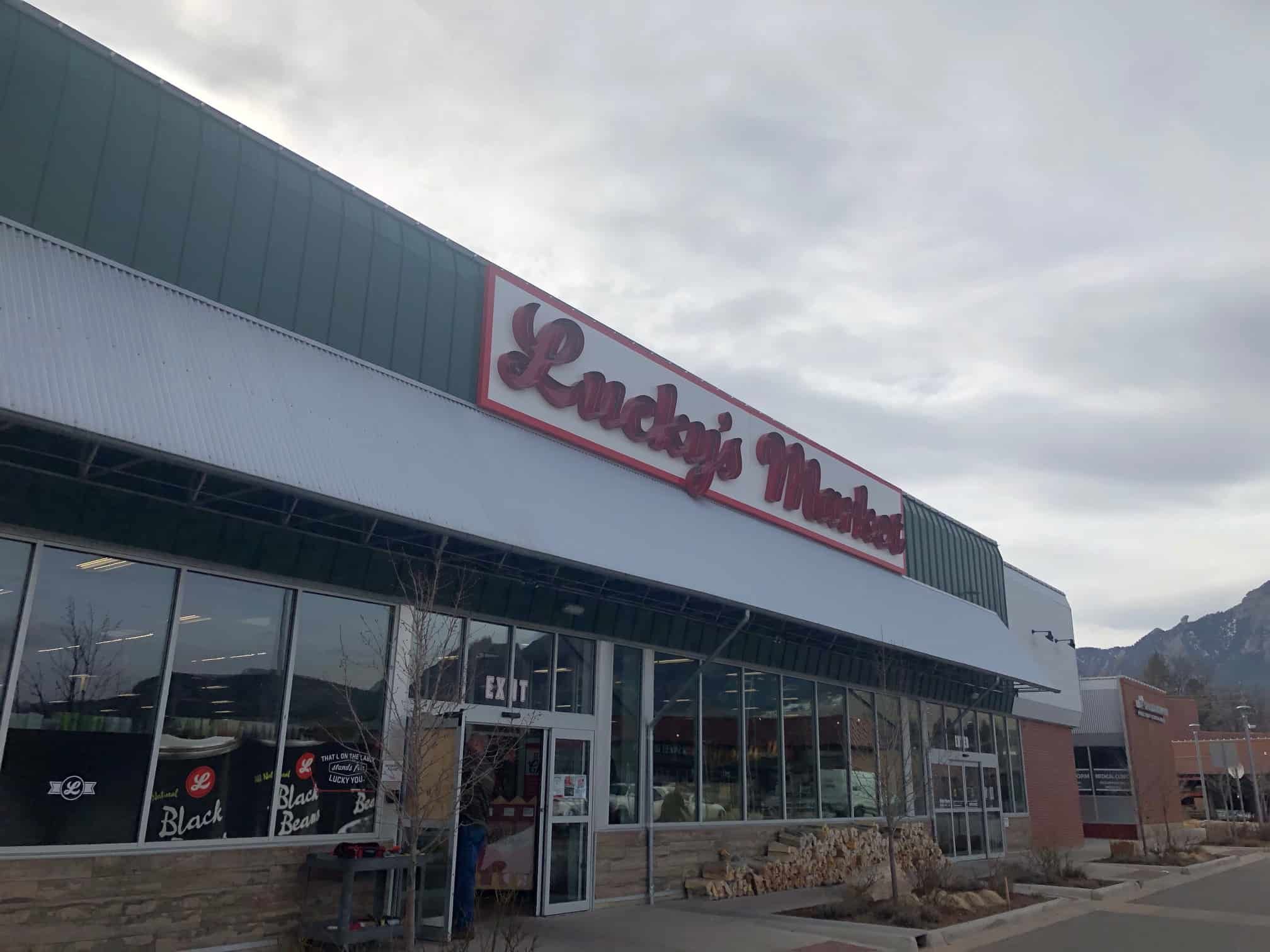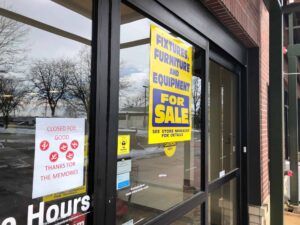Landlords, creditors, competitor object to proposed sales of Lucky’s Market stores

NIWOT — In a series of court filings Wednesday, a group of Lucky’s Markets landlords, creditors and even one competing grocery-store chain objected to the bankrupt Niwot-based firm’s plan to sell off leases to store locations across the country.
The issue at the center of many of these complaints is Lucky’s plan to employ stalking-horse bidding procedures in an effort to offload underperforming stores to grocery chains such as Aldi and Publix.
The stalking horse serves as a sort of backstop to ensure that excessively low bids are not submitted. If other bids are received, an auction will be held March 11 in Delaware.
SPONSORED CONTENT
In court documents, objectors in Lucky’s case argue that the stalking-horse process and timeline proposed by Lucky’s and the buyers “will only serve to discourage bidding rather than create the even playing field necessary to foster maximum participation and competitive bidding by interested parties to maximize value for the estates.”
The new filings do not object to the sales themselves, but seek to ensure that the bidding process results in Lucky’s — and ultimately, the company’s creditors — receiving maximum value for the leases.
Lucky’s, representatives of which did not respond to requests for comment Wednesday, has entered into agreements to sell store locations to:
- Publix, $11.5 million for five stores in Florida.
- Aldi, $7.8 million for six stores in Florida.
- Southeastern Grocers Inc. (Winn-Dixie), $2.8 million for five stores in Florida.
- LM Acquisition Co. LLC, an entity owned by Lucky’s founders Bo and Trish Sharon, roughly $3.2 million for locations in north Boulder; Fort Collins; Traverse City, Michigan; Cleveland and Columbus, Ohio; and Columbia, Missouri.
- Seabra Foods XIV Inc., $1.25 million for the Hunters Creek, Florida, (Orlando) store.
- Hitchcock’s Markets, $275,000 for the St. Petersburg, Florida, store
“As currently proposed, the bidding procedures and the stalking horse sales will not facilitate a fair sale of the debtors’ assets or encourage competitive bidding to maximize value for the estate. To do so, the bidding procedures must be modified to reduce, and in some cases eliminate, certain proposed bid protections, eliminate other overly restrictive provisions, including an inability to consider bids for individual assets, and extend the time period available for prospective bidders to submit their bids,” according to court filings.
Among the objectors are United Natural Foods Inc., Harvest Meat Co. Inc. and Benderson Development Co. LLC.
Dave’s Supermarket Inc. filed a separate but similar objection Wednesday.

Dave’s, which operates a chain of grocery stores in northeastern Ohio, “may be interested in submitting a bid on [the lease for the Lucky’s location in Cleveland included in the Sharon’s existing bid proposal] alone, which would allow it to operate a neighborhood market within its Cleveland footprint,” court documents show.
The company argues that a court should allow Lucky’s competitors to bid on individual store leases included in the bundled deals already agreed to by the likes of the Sharons and Publix.
“This is exclusionary to regional supermarkets, who may operate in only one state or city, and will chill competitive bidding,” according to the objection. “Excluding bids on individual leases drives regional supermarkets out of the auction process and is, therefore, not value maximizing.”
Wednesday’s filings come on the heels of another objection filed in the bankruptcy case last week by the owner of the Lucky’s Market building in Longmont. Landlord Blackfox Parkway Associates LLC is seeking to block Lucky’s from eschewing its lease obligations and wants to prohibit Lucky’s from removing furniture, fixtures and equipment from the store at 700 Ken Pratt Blvd.
NIWOT — In a series of court filings Wednesday, a group of Lucky’s Markets landlords, creditors and even one competing grocery-store chain objected to the bankrupt Niwot-based firm’s plan to sell off leases to store locations across the country.
The issue at the center of many of these complaints is Lucky’s plan to employ stalking-horse bidding procedures in an effort to offload underperforming stores to grocery chains such as Aldi and Publix.
The stalking horse serves as a sort of backstop to ensure that excessively low bids are not submitted. If other bids are…
THIS ARTICLE IS FOR SUBSCRIBERS ONLY
Continue reading for less than $3 per week!
Get a month of award-winning local business news, trends and insights
Access award-winning content today!




